Do you ever bother spare a thought for the people who created that cool new outfit you so proudly wear a few times before replacing it with another equally awesome bargain ensemble from your fave fast fashion store?
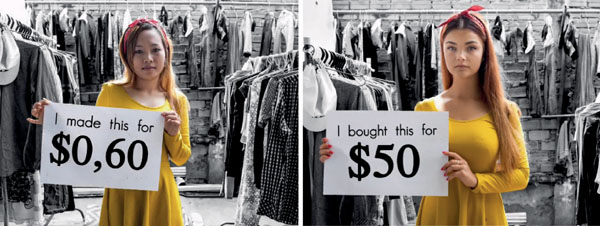
My ambition to inform & influence others to step away from unethically (& immorally) produced products is the driving force that motivates me to continue providing fabulous free eco-fashion/accessory/decor tutorials and ethical outfit inspiration on my Confessions of a Refashionista blog & channel as well as contributing & sharing my creative skills throughout the online maker world.
These images are from the Norwegian documentary Sweatshop – Deadly Fashion. Joakim Kleven, the director of this amazing webseries took 3 young fast fashion consumers to Cambodia where they experienced a mere fraction of the horrors that fast fashion garment workers must face every day.
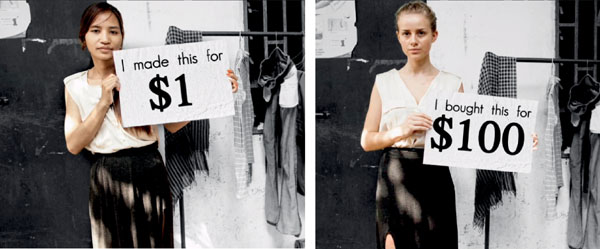
If you are anything like me, Sweatshop – Deadly Fashion will have you shaking with anger and weeping with sadness and frustration. How can billion dollar companies & their new-product-demanding consumers have such unbelievable disregard for human life?
Above all I hope this documentary peels back the stylish facade of fast fashion and opens your eyes to the appalling human cost of that new outfit you’re so keen to wear for “date night”.
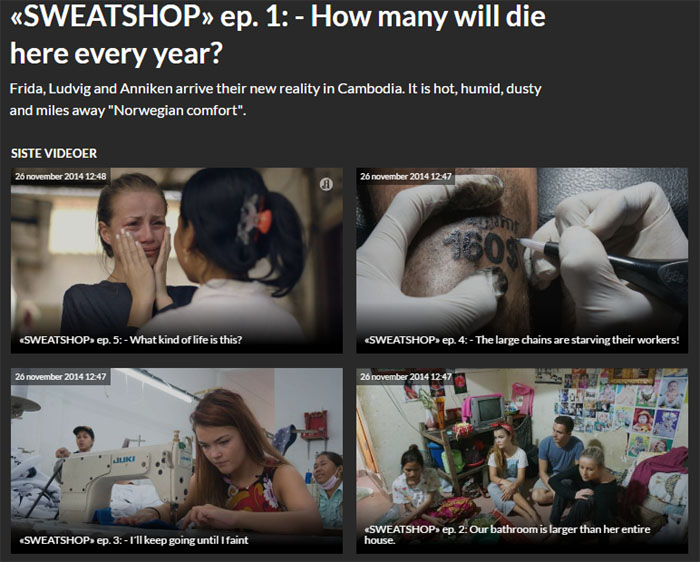
Please help spread the garment-worker-rights message by sharing this post, the documentary and encouraging others to stop consuming unethically produced products until factory employees are paid a living wage and are able to work in safe, healthy conditions.
Disclaimer: I am not at all an expert on the big business of fast fashion however I am a concerned consumer who has chosen to learn & share as much as I can through my own personal experiences & the wealth of resources available online.
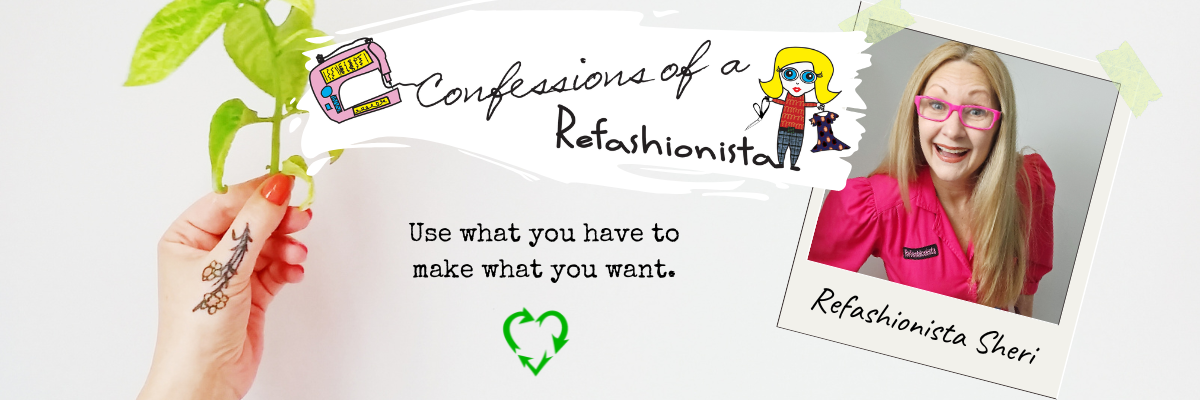
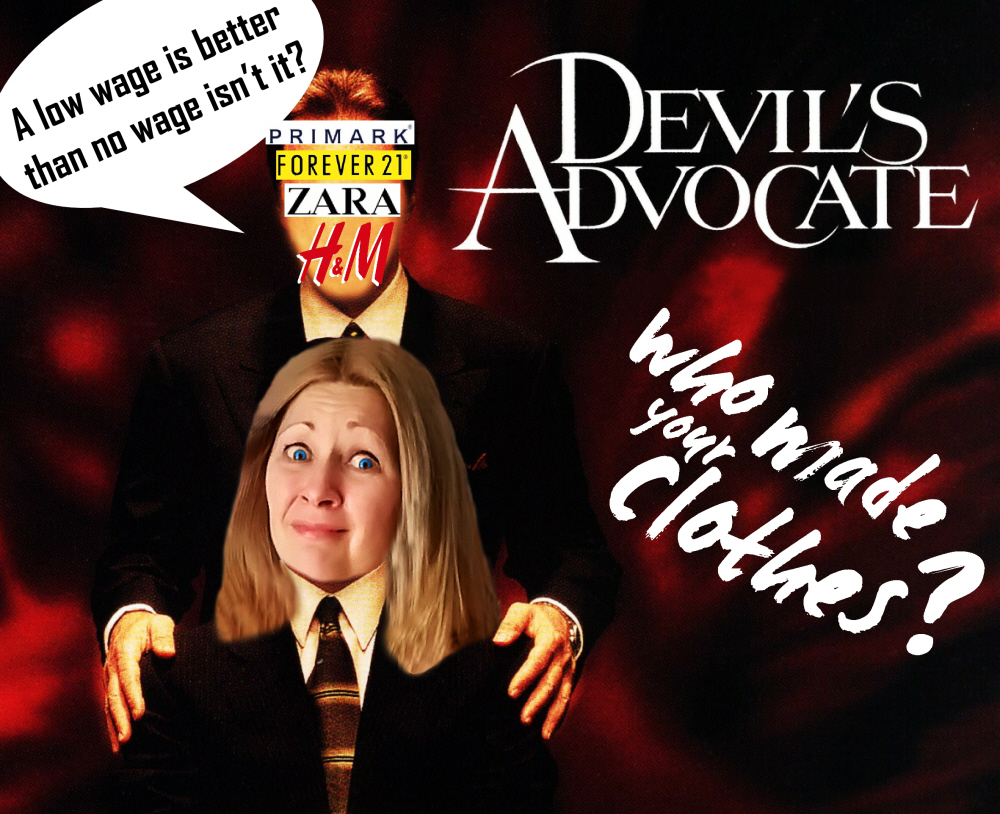
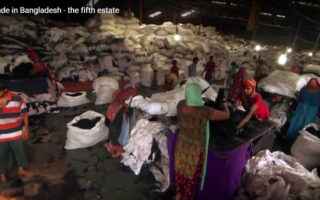



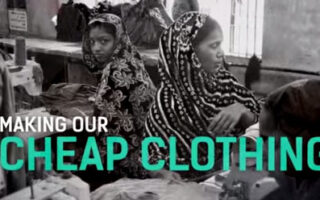

Thanks for sharing these images. I escorted a student trip to Nicaragua with Witness for Peace years ago, and they took us to a free-trade factory that was making North Face jackets. We got an official tour and the factory was one that was “meeting standards.” Conditions are certainly worse in other places, but there were still justice issues at play. Workers were expendable if they did not keep up, or requested time off. The comparison of wages earned to cost of goods sold was astronomical, just as it’s depicted in your images here. I will never forget that experience, and I appreciate your efforts to make this issue wider known.
Thank YOU for sharing your experience, I sincerely hope that my posts on this subject can (in some small way) inform & make difference to consumers.
please come to Romania. maybe we don’t have children in labor here but we have a lot of poor talented people that work for less than 150$ USD a month and they struggle to pay bills and survive.
i personally worked last year for less than 40 cents an hour and i had to quit my job, i got ill, and stressed, then i got another job and it was the same thing, jut that the payment was good, but still worked like a slave. it’s the romanian enslavement system we need to destroy!
Thank-you for letting us know part of your story. Sadly unethical production & factory practices can be found everywhere and I hope I can help inform consumers of this fact & in some way begin to make a change. If you would like to get in touch with me with a valid e-mail address I’d be very interested in contacting you & sharing more of your first-hand experiences with my readers.
I’m also Romanian and I understand what DS means, but I think we a are hundred times luckier than these people in the films. In Romania salaries are not as per the rest of Europe, but they are way higher than in Asian countries. On top of these we have laws that are mostly respected (no where is perfect, but no one is getting hit if it tries to protest). I know that for someone living in Romania it seems bad, but I travel the world and honestly I think we cannot even compare with them, we are so lucky and we should appreciate all the things we have!
DS, I’m not saying you are wrong, I’m just saying that it could be so much worse 🙁
And no… I don’t come from a rich family.
It is true what you have said…we are indeed luckier…but it doesn’t feel good at all to see my mother that works like a slave from 7 am to 4 pm to get paid maximum 150 $ in Romania…it is supposed to be a more civilized country…except for the more decent working hours i see no difference…they are not allowed to get sick..if they get sick, they get fired…just the other days my mother told me about a coworker who had died from cancer because she was not allowed to take 1 day off to get herself checked…so don’t tell me we are really so different…they only have about 25 min to eat in 9 hours…they can’t use their cellphones at work…and the list can continue…and from what i heard they work for big brands such as h&m and zara….so it will be nice if you can do something for them without making them lose the job…they work there because they have no alternative
All the more reason why I do not shop at Chain stores. I find it much more exciting to browse the thrift stores. I know that I might still be pulling that Big Label from the rack occasionally but know that my money is NOT going to feed the corporate machine, instead my money goes to some local needed charity.
Fabulous! I wish more consumers would realize & fully understand that the cost of their fast fashion garment is NOT going towards paying a living wage & providing a safe environment to the people who actually create the products but instead to “feed the corporate machine”.
This is so important.. I am sharing this everywhere.
Thanks Bekka…Sadly the unethical production of goods (unfortunately it’s not only clothing) will not have a hope of changing until:
1. Consumers stop purchasing them & actually demand proof of ethically manufactured products.
2. The billion dollar companies behind the brands start taking responsibility for the factories where their products are made and stop inflicting insane production targets on the employees.
Number 2 will never happen until number 1 occurs in such a huge amount that the brands have no choice but to listen or lose money…sigh :/
Thanks so much for sharing this! This is only more incentive to stop letting the fashion industry and self proclaimed influencers distract us from the harsh if not brutal realities of Fashion. I will definitely be passing it along and hope that others dedicate themselves to remaining informed and learn the costs of this frenzy to consume. <3
You’re very welcome Vanessa…it’s disgusting how consumers can so easily turn a blind eye to reality when they think they’re getting a good deal and even worse that the companies behind the brands using the sweatshops believe that those few extra cents of profit per item is better lining their pockets than going towards paying a living wage to the people producing the products.